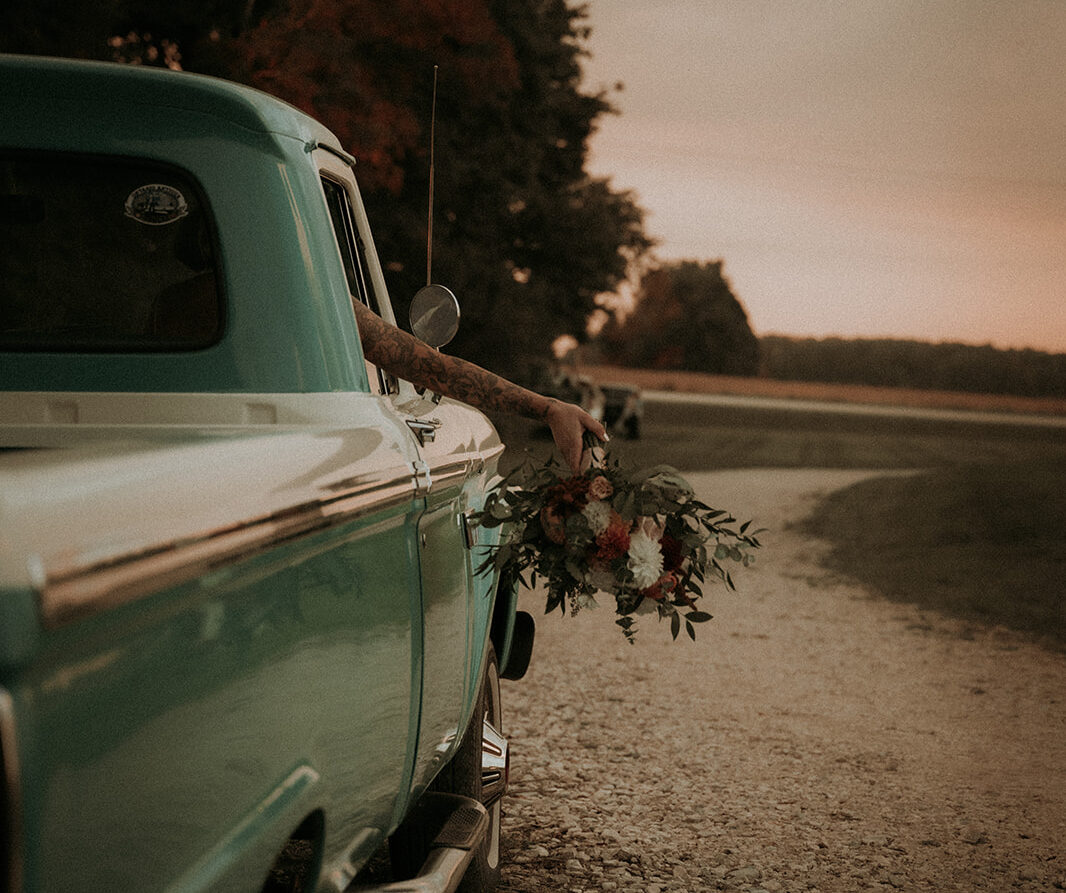PHOTOGRAPHER + EDUCATOR
My goal with every single shoot is to preserve your unique relationship in its most authentic and adventurous form, creating memories that resonate and stories that last a lifetime. After all, you only get one life, so fucking live it 🤘🏼
But my passion doesn’t stop there. I also love sharing my expertise and insights with fellow photographers, helping them grow and elevate their craft. Whether it’s through mentorship, behind-the-scenes guidance, or sharing tips and tricks I’ve learned over the years, I’m here to support others in capturing moments that matter just as much. Let’s create, learn, and live boldly—together.
CHANTEL ZETTEL
FREE PDF GUIDE
GET IT HERE
Choosing the right lens for wedding photography can SIGNIFICANTLY impact the quality of your images.
Understanding the differences between prime and zoom lenses, as well as their advantages and disadvantages, is crucial for capturing those special moments.
In this post, we’ll explore the key aspects of wedding lenses to help you make informed decisions.
Let’s go!
Understanding Lenses: Prime vs. Zoom
First, let’s talk about the two main types of lenses: prime and zoom.
- Prime lenses have a fixed focal length, which means you can’t zoom in or out. They usually take amazing photos, especially in low light.
- Zoom lenses let you change the focal length, so you can easily adjust how close or far away your subject appears. This gives you more flexibility during a wedding.
Understanding Aperture
A big difference between these lenses is how much light they can let in, which is called aperture.
- Wider Apertures: Lenses that let in a lot of light (like f/1.8) are great for dark places, like indoors or at night. They help you take clearer pictures without using a flash.
- Narrower Apertures: Lenses that let in less light (like f/2.8) are better for bright situations. You might need to adjust your camera settings if it’s dark.
For example, I love using my 50mm f/1.8 prime lens for indoor shots because it captures light beautifully. My 24-70mm zoom lens, on the other hand, only opens to f/2.8, so I have to use a higher setting on my camera in darker settings.
Understanding Prime Lenses
Prime lenses have a fixed focal length, which means you can’t zoom in or out. However, they typically offer wider maximum apertures, such as f/1.4 or f/1.8. This feature allows for better low-light performance, making them ideal for indoor weddings and dimly lit venues.
| PROS | CONS |
| Superior image quality due to fewer glass elements | Limited framing options; you need to physically move to achieve different angles |
| Wider apertures for low-light situations and beautiful bokeh | Less versatile than zoom lenses |
| Lightweight and compact design |
Understanding Zoom Lenses
Zoom lenses offer a range of focal lengths, allowing you to quickly adjust your framing without changing lenses. A popular choice among wedding photographers is the 24-70mm lens, which covers a versatile range for various shooting situations.
| PROS | CONS |
| Flexibility to capture different scenes without switching lenses | Heavier and bulkier than prime lenses |
| Convenient for fast-paced events like weddings | Often have narrower maximum apertures (like f/2.8) |
My Go-To Lenses for Weddings
Here are my favorite lenses that I always bring to weddings:
- 50mm f/1.8 (Prime): Perfect for portraits and low-light situations.
- 35mm f/2.8 (Zoom): Great for wider shots, like the ceremony or group photos.
- 24mm f/2.8 (Zoom): Ideal for landscapes or larger gatherings.
- 70-200mm (Zoom): Perfect for capturing candid moments from a distance.
If I had to pick just one lens to invest in, it would be the 24-70mm f/2.8 zoom lens. It’s versatile and great for weddings because you can use it in many different situations!
Final Thoughts
Always be prepared with a backup camera body and lens for those unexpected moments. These events are once-in-a-lifetime, and you want to ensure you capture every precious detail!
As a fan of prime lenses, I love the look you get from apertures like f/1.4 and f/1.8. But I’m curious—are there any lenses I haven’t mentioned that you love? If you have recommendations for Canon lenses or your experiences to share, drop them in the comments—I’d love to hear from you!
Thanks for reading!
If you have any questions about wedding photography or gear, feel free to reach out.
And don’t forget to check out my YouTube video below where I dive deeper into this topic.
Happy shooting!
Chantel x\
Join our newsletter for the inside scoop on amazing tips, exclusive freebies, and expert advice to make your photography journey and wedding planning a breeze. Whether you’re a photographer, a bride-to-be, or simply love capturing life’s magic, we’ve got you covered. Don’t miss out – let’s create beautiful memories together!
PHOTOGRAPHER + EDUCATOR
My goal with every single shoot is to preserve your unique relationship in its most authentic and adventurous form, creating memories that resonate and stories that last a lifetime. After all, you only get one life, so fucking live it 🤘🏼
But my passion doesn’t stop there. I also love sharing my expertise and insights with fellow photographers, helping them grow and elevate their craft. Whether it’s through mentorship, behind-the-scenes guidance, or sharing tips and tricks I’ve learned over the years, I’m here to support others in capturing moments that matter just as much. Let’s create, learn, and live boldly—together.
